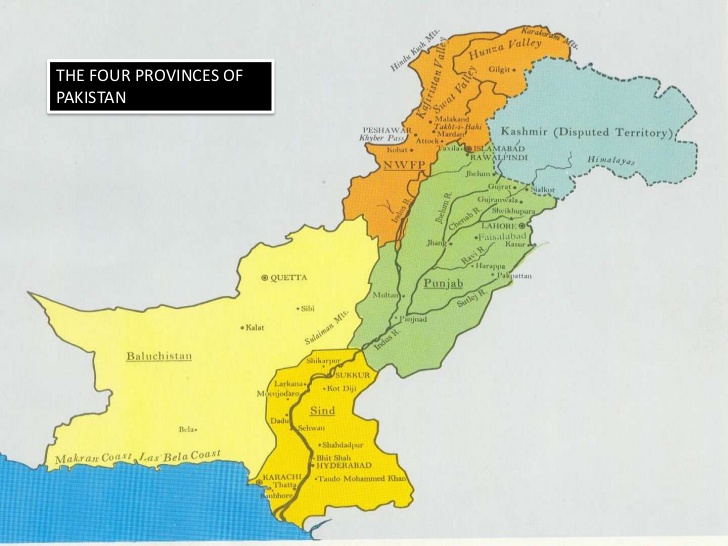Nuclear Weapons 169 - U.S. May Be Seeking Nuclear Treaty With Pakistan
Yesterday, I talked about Pakistan's development of tactical nuclear weapons. They announced this work just before their Prime Minister came to Washington, D.C. to talk to President Obama. There has been speculation that Obama is seeking a major treaty with Pakistan concerning its nuclear arsenal now that a deal has been struck with Iran on nuclear issues. Today, it was announced by the Pakistani Prime Minister that Pakistan will not accept any restrictions on its development and manufacture of tactical nuclear weapons.
Currently it is estimated that Pakistan and India both have around one hundred nuclear warheads. Pakistan recently started up its fourth nuclear reactor which will allow it to double the amount of weapons grade plutonium it can produce in a year. Pakistan has embarked on a major expansion of its nuclear arsenal and is poised to become the fifth nuclear nation in terms of the nuclear of nuclear weapons possessed. In five to ten years, Pakistan could have more nuclear weapons than any nation other than the U.S. and Russia.
Obama may be trying to get Pakistan to accept limitations on its nuclear weapons programs in return for being given access to research and technology for peaceful nuclear applications such as power generation. The U.S. and India recently signed an agreement along these lines and a deal with Pakistan could help wind down tensions and the threat of nuclear exchanges between India and Pakistan.
The White House is trying to reduce expectations for any sort of major nuclear deal during the meetings this week. The Pakistani Foreign Minister said that no deal was being discusses and that Pakistan intends to "to maintain a full- spectrum deterrence capability in order to safeguard our national security, maintain strategic stability and deter any kind of aggression from India." Analysts say that Pakistan has little motivation to stop the development of nuclear weapons and delivery systems.
Although the U.S. has given Pakistan more than thirty billion dollars in aid since 2002, the Obama administration has serious concerns about Pakistan trustworthiness. When Osama Bin Laden was located and killed in Pakistan, the U.S. did not alert Pakistan to the raid. It was obvious that the Pakistani government must have been aware that Bin Laden was living near a major government military installation. There are also questions about how serious the Pakistanis are about rooting out the refuges used by the Taliban in the Northwest Tribal territories across the border from Afghanistan. A U.S. Congressman has pointed out that while Pakistani soldiers are dying fighting against terrorists, branches of the Pakistani military are provide money and aid to terrorists.
The relationship of the U.S. with Pakistan is complex. Their government contains different factions that cover a range from friends of the U.S. to those who would prefer an end to any cooperation between the two countries. Pakistan is turbulent and divided along ethnic, religious and ideological lines. This raises the problem of control of nuclear weapons. While the big warheads are tightly controlled, tactical nuclear weapons will have to be distributed along the four thousand mile border with India in order to be useful. This will make it much harder to secure and control every single tactical nuke. If terrorists got their hands on one, they could injure and kill millions of people in one of Pakistan's densely packed cities.
